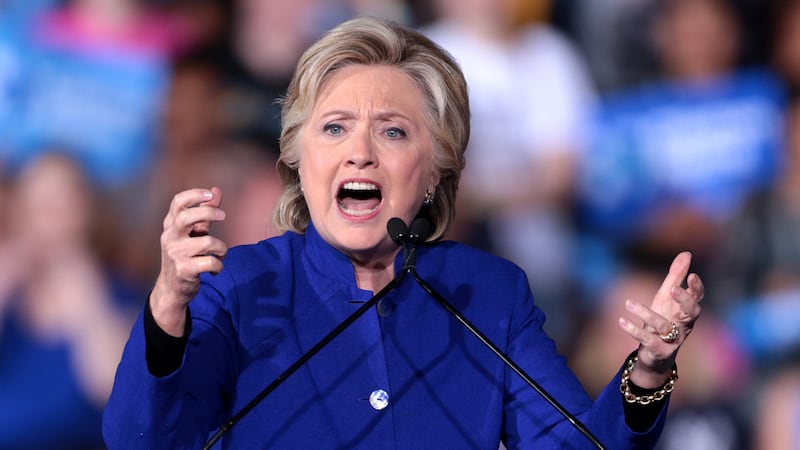A bill that would add Oregon to a national movement to reform the nation's presidential elections had its first hearing March 14 in the state Legislature, but it faces significant opposition in the Oregon Senate.
House Bill 2927 would award Oregon's Electoral College votes to the winner of the national popular vote under an interstate agreement, which specifies that the bill would only take effect after states with a majority of the Electoral College have passed similar legislation.
So far, 10 states and the District of Columbia have passed the bill. The bill is a workaround to the requirement for an amendment to the U.S. Constitution to abolish the Electoral College.
The Constitution allows states to award their electoral votes in a manner of their choosing.
Similar legislation has passed the Oregon House three times.
Senate President Peter Courtney (D-Salem) blocked Senate passage in past sessions and says he opposes the idea this year too.
"If the House sends us the bill, we'll see where the committee process takes us," he said in a statement to WW. "Personally, I believe Oregon's electoral votes should be cast for the candidate chosen by Oregon voters. Under the national popular vote proposal, that would not be guaranteed. House Bill 2927 would effectively give away Oregonians' electoral proxy to voters in other states."
Courtney's opposition poses a significant impediment to the legislation.

The Senate is considering an alternative bill. Senate Bill 825 would send the question to voters in 2018. That bill might set off a costly political campaign from proponents, but it also might stand a better chance of passing.
"This issue has been before the legislature for a number of years," says Senator Richard Devlin (D-Tualitin), the sponsor of the legislation. "I have been a long time proponent of the National Popular Vote […] but I believe it should be referred."
Hillary Clinton won 2.9 million more votes than Donald Trump in November, but lost the Electoral College.
"In another race, it might have gone another way," says Kate Titus, of Common Cause Oregon. "It's the right thing to do for democracy. It shouldn't be a partisan issue."
